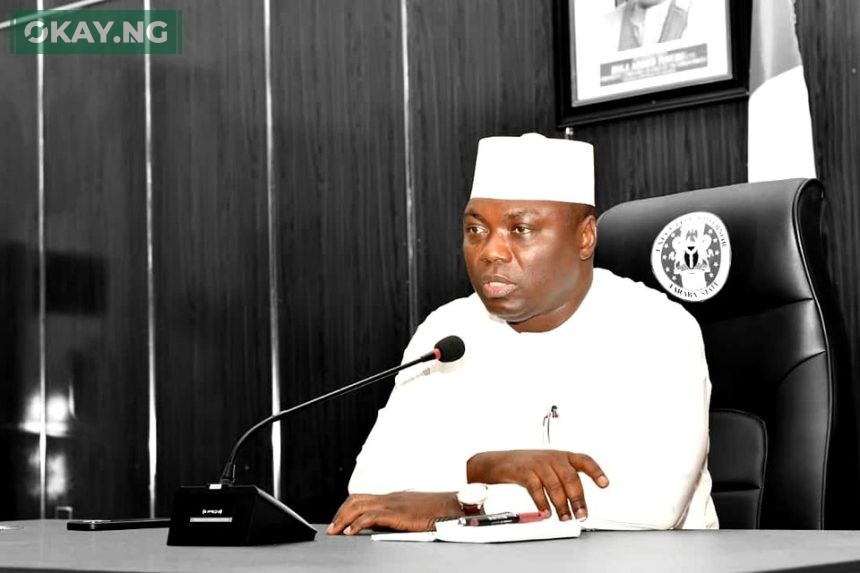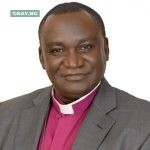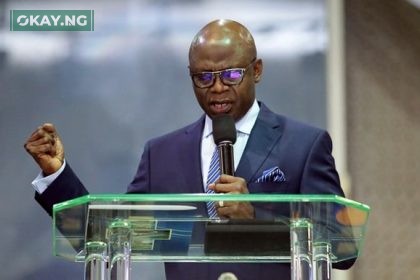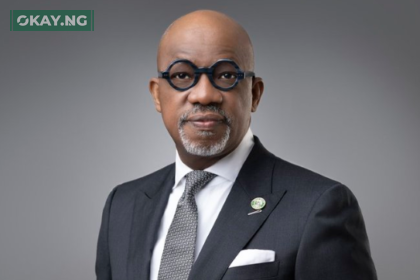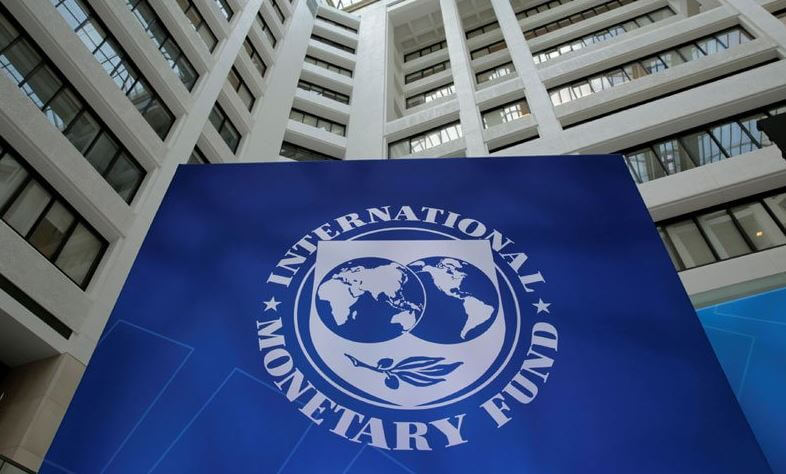In a groundbreaking move, Governor Agbu Kefas of Taraba State has unveiled the 2024 budget, allocating over 64% of the total expenditure to capital projects.
This marked departure from previous administrations demonstrates the governor’s commitment to reversing the underdevelopment that has plagued the state.
At a joint briefing by the Commissioners for Information and Re-Orientation, Finance, and Justice, key details of the budget were disclosed.
The proposed budget, totaling N311,388,525,621.96, emphasizes a significant shift in favor of capital expenditure, reflecting Governor Kefas’s determination to prioritize development initiatives.
Historically, recurrent expenditure has dominated previous budgets, but the 2024 budget signals a shift, with only 35.9% allocated to recurrent expenses.
Commissioner for Finance, Barr Zainab Jalingo, emphasized the governor’s commitment to address the longstanding underdevelopment challenges faced by the state.
“This is the first time in the history of Taraba State that 64.1% of the annual budget would be allocated to capital expenditure. This sends a strong message that Governor Agbu Kefas is determined to reverse the underdevelopment that has characterized the state,” said Commissioner Jalingo.
The governor has identified five key areas crucial for development, representing the “five fingers of development.”
These include Education, Health, Security, Agriculture, and Infrastructure. These sectors have been prioritized to drive sustainable growth and enhance the overall well-being of the people.
In a significant departure from past budgeting practices, the 2024 budget will rely heavily on internally generated revenue, which is expected to increase by over 400% in the coming year.
This strategic move aligns with Governor Kefas’s vision for financial sustainability and reduced dependency on external sources.
Commissioner Jalingo stressed Governor Kefas’s commitment to large-scale investments in the education sector, aiming to revamp and address the concerning number of out-of-school children in the state.


